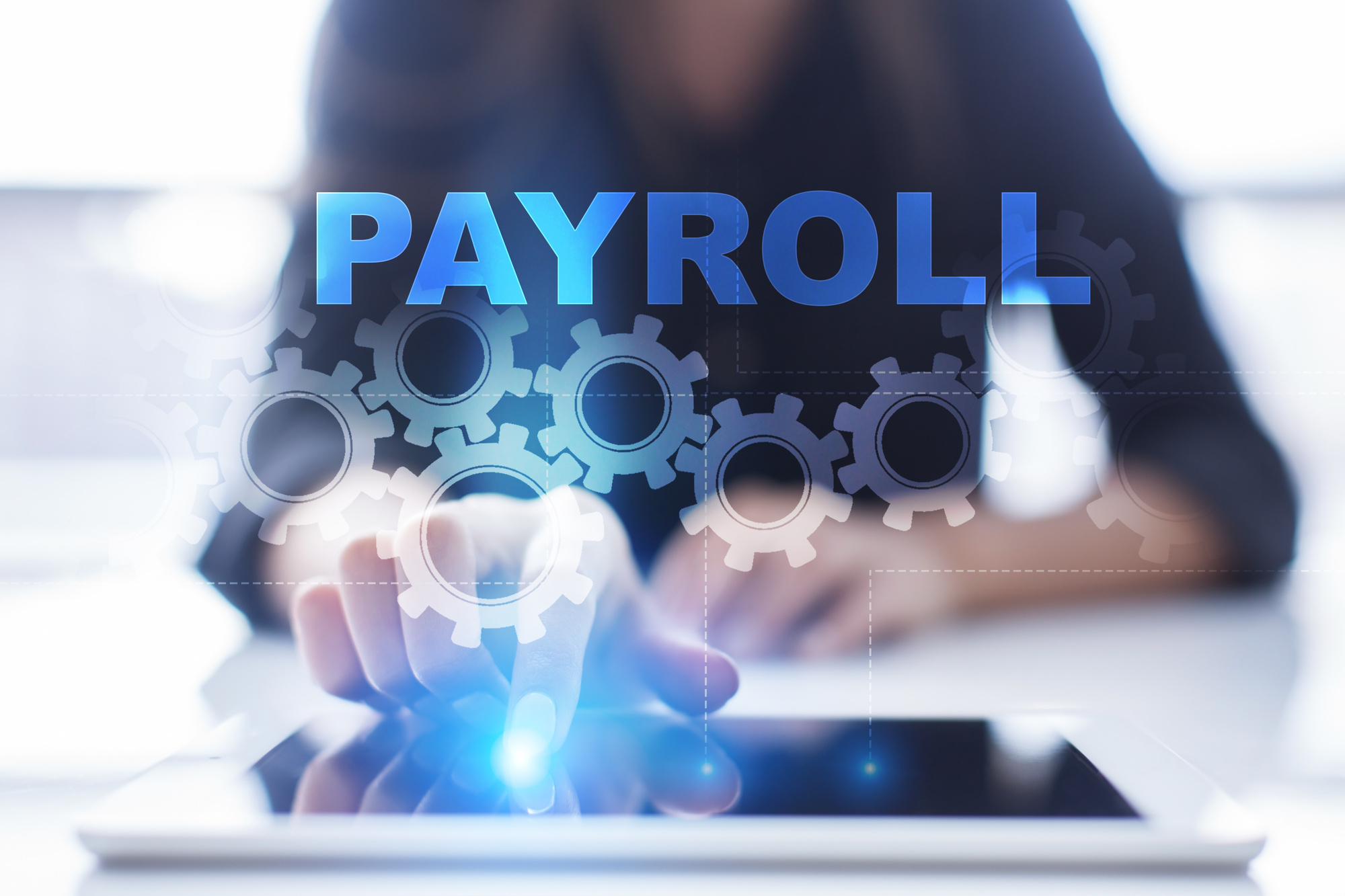The Complete Guide to Selecting a Payroll Provider for Businesses
To hire employees, small to medium-sized businesses need a payroll provider that can handle all HR-related tasks. A payroll management service can streamline the employment process. They can ensure that all tax laws are followed.
Business owners need to keep up with HR and payroll laws in their area. Aside from simplifying the process with a payroll provider, businesses will have time to focus on growing their product or service.
But how do you choose a payroll provider that’s best for your business?
Keep reading to learn about essential components to consider when selecting a payroll provider.
Accurate Data Conversion
Data conversion is critical for any payroll provider. Businesses rely on accurate payroll data to make sound decisions about their finances. If a payroll provider cannot accurately convert data, it can result in serious financial consequences for the business.
Accurate Data Conversion from Other Software
Most businesses use a variety of software to manage their payroll. To ensure accuracy with payroll data integration, the payroll provider must be able to convert data from these various software programs into a format that can be used by the payroll provider.
Accurate Data from Various Periods
The payroll provider must also be able to accurately convert data from the various pay periods into the correct format. If the payroll provider cannot accurately convert data from one pay period to the next, it can result in errors in the calculation of payroll taxes.
Accurate Employee Data
The payroll provider must also have accurate data conversion capabilities when it comes to employee data. This data includes employee names, addresses, Social Security numbers, and direct deposit information. If any of this information is inaccurate, it can result in delays in processing payroll and issuing payments to employees.
Payroll Tax Compliance
A payroll provider for businesses must be able to work on payroll tax compliance. This includes making sure that the business is up to date on its payroll tax obligations.
The provider must also make sure it is withholding the correct amount of taxes from its employees’ paychecks. The payroll provider should also be able to help the business file its payroll tax returns and make any necessary payments.
Transparency of Data
This is to ensure that businesses know where their money is going. Without transparency, businesses may not be aware of how their payroll provider is spending their money or if they are being charged hidden fees.
A good payroll provider will offer a breakdown of all charges so that businesses can make informed decisions about their payroll services and the payroll system setup.
Customer Support
A payroll provider for businesses must offer customer support in the form of online chat, email, or phone support. This customer support must be available during business hours and should be able to answer any questions or concerns a business owner may have.
Customer support should also be able to resolve any issues a business owner may have. Check out this aso service for example.
Be Mindful When Selecting a Payroll Provider
When it comes to selecting a payroll provider, it’s important to be mindful of a few key factors. Make sure to consider the needs of your business, the fees associated with the service, and the provider’s customer service and support. Taking the time to do your research upfront will help ensure that you find a payroll provider that’s a good fit for your business.
If you want to learn more business tips or other interesting articles, visit our blog page.


